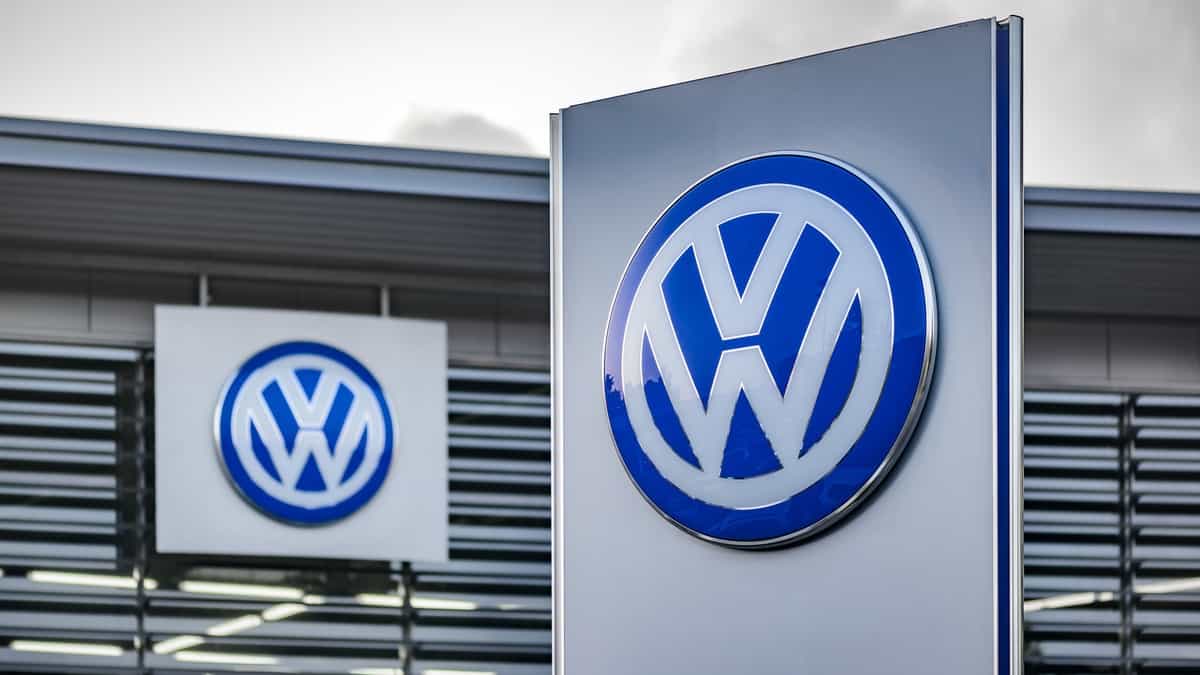An internal review of Volkswagen’s plans to build a $200 million (€192 million) factory at its Wolfsburg base in Germany led to a delay in the company’s planned flagship EV’s introduction, as per Drive.
Announced in 2021, Project Trinity was originally scheduled for a launch in 2026 and claimed to charge faster (as fast as refueling), travel further, and provide more advanced autonomous driving technology than any Volkswagen previously.
The factory’s construction, developed around new production processes that offered significant efficiency increases over VW’s existing plants, was set to start in the European spring of next year, having been approved by Volkswagen board members earlier this 2022, with a view towards the beginning of production in 2026.
Former Volkswagen CEO Herbert Diess says the production model being developed under Project Trinity had been formed around a modular production process that would let it be produced in 10 hours.
Volkswagen’s goal with the new factory was to match the production efficiency claimed by Tesla for its newly-constructed German plant on the outskirts of Berlin.
While speaking to Drive at the 2022 LA Auto Show, new VW CEO Thomas Schäfer confirmed an internal review of the company’s future model line-up and production capacity allowed Project Trinity to be made at an existing factory. He denied the need for the new plant’s $200 million (€192 million) expenses.
“By the time we were planning to bring the car in the middle of 2026, the factory at Wolfsburg was chock-a-block. So we had to make a plan for another factory close by, run it up, clean up the rest, and then reintegrate as much as we can into the old factory,” said Schäfer.
Project Trinity, set to launch in 2026, postponed to 2028
He declared an internal review into the company’s production capacity and future model strategy under a new management structure delaying Project Trinity to 2028.
By this time, the automaker believes production of existing petrol-engined models would be reduced to the point where the new electric car could be produced in an existing factory.
“We’re not 100 percent sure what comes when,” Schäfer said.
“But what we know is that everything slides back a bit by, say, two years – on the Trinity side, specifically.”
“That allows us, potentially, to integrate the vehicle into the factory, because by then the [petrol and diesel vehicle] volume in the [existing] factory will reduce, and we won’t have a problem that it’s too full to integrate another car.”
Wolfsburg-based factory delayed to restructure the brand’s operations
Schäfer spoke to journalists after an official statement quoting him and new Volkswagen Group CEO Oliver Blume was released in response to a report published in Germany’s Manager Magazin. It claimed the planned Wolfsburg-based factory was being delayed from 2026 to 2030 as part of broader plans to restructure VW’s operations.
“We’re currently taking the opportunity to look at all projects and investments and their viability,” said the Volkswagen statement credited to Schäfer and Blume.
Further reviews at Volkswagen are centered around the company’s Cariad software division, according to Schäfer – delays that led to the market launch of Porsche’s upcoming electric Macan being postponed a year to 2024.
Trinity delay follows Argo AI shutdown
The Trinity delay follows after Ford and VW’s Argo AI autonomous driving business Argo AI was shut down, accounting for Ford’s net loss of $827 million.

